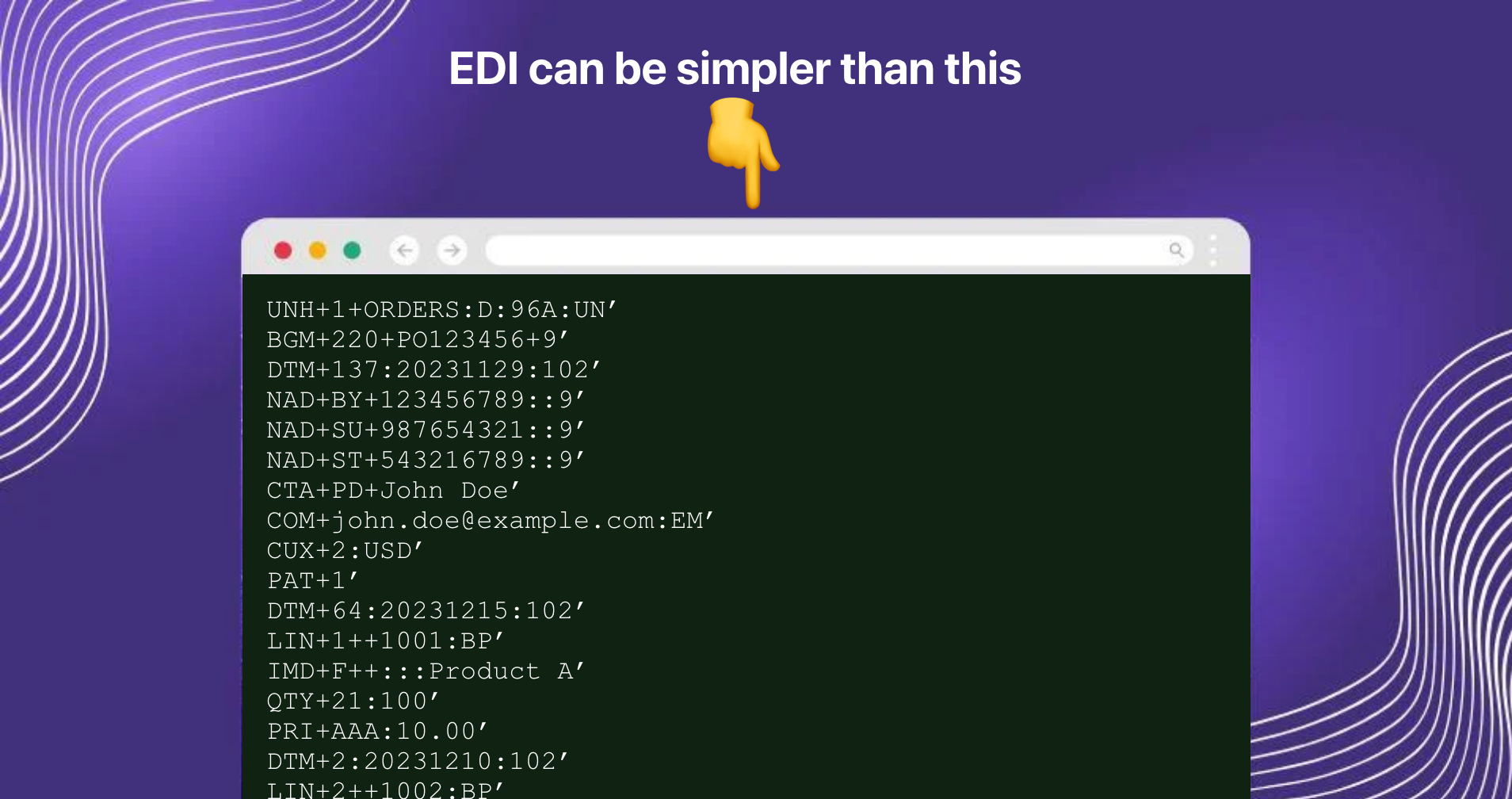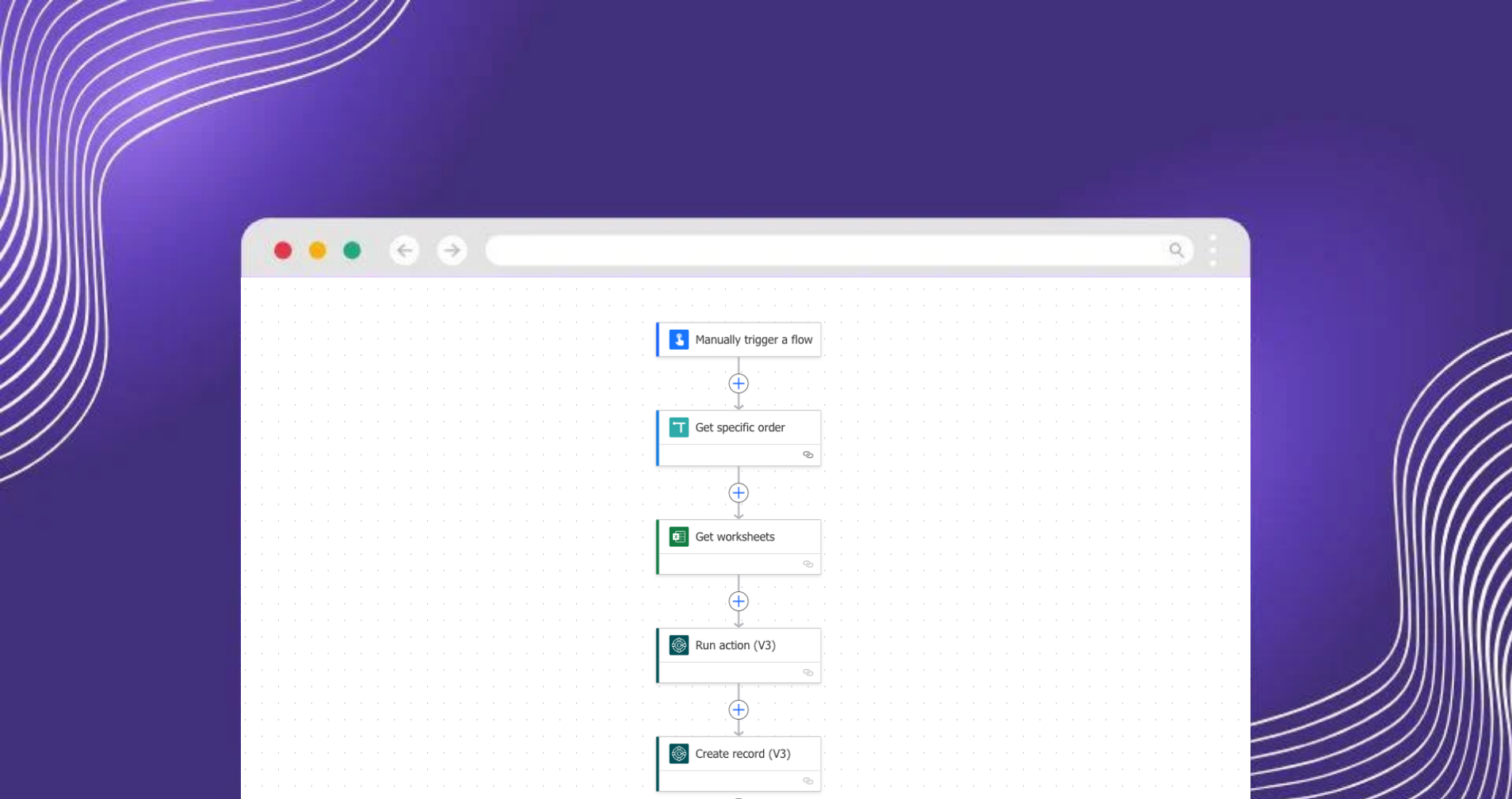Coffee brands: 6 reasons why a B2B eCommerce platform is essential in 2025

As the global coffee industry continues to grow, more coffee brands are turning to B2B eCommerce platforms to streamline their operations, reach new markets, and better serve their business clients. Whether you’re a coffee roaster, wholesaler, or distributor, having a robust B2B eCommerce platform can significantly impact your business’s growth and efficiency. In this article, we’ll explore best practices for coffee brands using B2B eCommerce, the unique needs of these brands, and the essential features your platform should have.
The specific needs of coffee brands in B2B eCommerce
Coffee brands operating in the B2B space have unique requirements that differ from traditional retail eCommerce. These needs often include:
Bulk ordering: Unlike B2C customers, B2B clients typically order coffee in large quantities. Your eCommerce platform must accommodate bulk orders, offering features like quantity discounts and the ability to handle large inventories.
Custom pricing: Coffee brands often need to provide different pricing tiers based on the client type, order volume, or partnership level. A flexible pricing model that allows for special price lists and customized offers is crucial.
Product variety management: Coffee products come in various forms—beans, ground coffee, pods, and more. Each of these might have different grades, roast levels, and origins. Your platform should efficiently manage this diversity and allow clients to easily find and order the specific products they need.
Subscription models: Many coffee brands offer subscription services where B2B clients receive regular shipments of coffee. An eCommerce platform that supports subscription management can streamline this process, ensuring timely deliveries and recurring revenue.
Easy reordering: B2B clients often reorder the same products. A user-friendly interface with a quick reorder function can enhance the customer experience and improve order accuracy.
Inventory transparency: Coffee is a perishable product, and managing inventory levels is critical. Your platform should provide real-time stock updates, ensuring that clients can always see what’s available and avoid ordering out-of-stock items.
How to kick-start a B2B eCommerce Business in 7 easy steps: Guide 2025
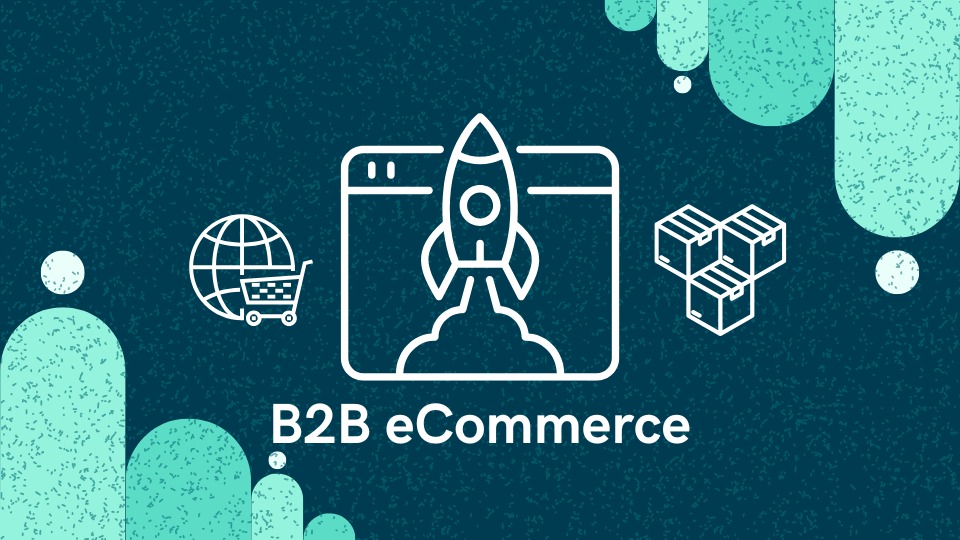
Best practices for coffee brands in B2B eCommerce
Implementing the following best practices can help coffee brands maximize the effectiveness of their B2B eCommerce platform:
- Streamline the ordering process: Simplify the ordering process for your clients. Offer features like saved orders, repeat purchase options, and one-click checkout to make it as easy as possible for clients to place their orders.
- Personalize the customer experience: Use your platform to offer a tailored experience for each client. Personalized pricing, product recommendations, and custom ordering portals can make clients feel valued and catered to.
- Leverage data for insights: Utilize the data collected by your eCommerce platform to gain insights into customer behavior, order trends, and inventory needs. This data can inform your marketing strategies, inventory planning, and customer service approaches.
- Offer flexible payment pptions: B2B clients may require different payment terms and methods. Your platform should support multiple payment options, including credit terms, to meet the varied needs of your clients.
- Focus on mobile optimization: Many B2B buyers place orders on-the-go. Ensuring your platform is mobile-optimized will improve the user experience and make it easier for clients to place orders anytime, anywhere.
- Integrate with other systems: Ensure your B2B eCommerce platform integrates seamlessly with your existing CRM, ERP, and inventory management systems. This integration helps streamline operations, reduce manual data entry, and improve overall efficiency.
Key features a B2B eCommerce platform needs to have
To meet the needs of coffee brands, your B2B eCommerce platform should include the following features:
- Custom pricing and special price lists: As mentioned, the ability to offer customized pricing based on the client or order volume is essential. Look for a platform that allows you to create special price lists easily.
- Inventory management: Real-time inventory tracking, notifications for low stock levels, and the ability to manage multiple product variants are crucial for coffee brands dealing with perishable goods.
- Order management system: A robust order management system that handles bulk orders, subscriptions, and easy reordering can streamline the sales process and improve client satisfaction.
- Analytics and reporting: Detailed reports on sales trends, customer behavior, and inventory levels can help you make informed business decisions and plan for growth.
- Customer portal: A dedicated customer portal where clients can view order history, track shipments, and manage their accounts enhances the customer experience and builds loyalty.
- Mobile compatibility: A mobile-friendly platform ensures that your clients can place orders and manage their accounts on the go, which is increasingly important in today’s digital-first world.
Our coffee brand clients: Prolog, Original Coffee & KaffeBrænderiet
At Turis, we are proud to support some of the finest coffee brands in the industry, including Prolog, Original Coffee and KaffeBrænderiet. These coffee brands have chosen Turis to streamline their B2B eCommerce operations, allowing them to focus on what they do best—crafting exceptional coffee for their B2C customers and B2B buyers.
Prolog, known for its commitment to quality and innovation, uses our B2B eCommerce platform to manage orders, offer custom pricing, and maintain strong relationships with its wholesale clients. This has enabled Prolog to expand its reach and enhance its service to coffee enthusiasts and retailers alike.
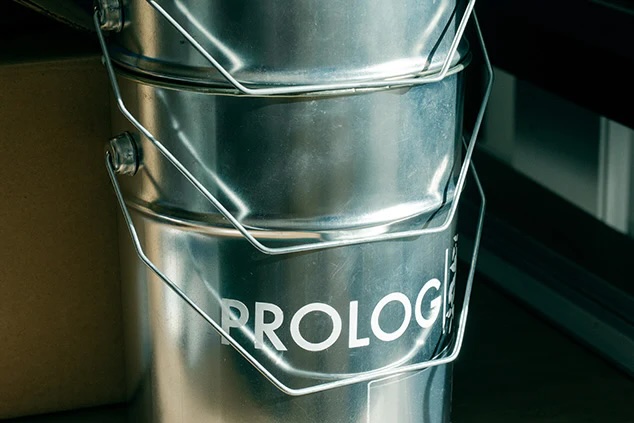
Original Coffee, known for its dedication to quality and craftsmanship, uses our B2B eCommerce platform to manage orders, offer personalized pricing, and maintain strong relationships with its wholesale clients. This has enabled Original Coffee to expand its reach and better serve coffee retailers and enthusiasts across Copenhagen.

KaffeBrænderiet, leverages Turis to optimize their B2B transactions, ensuring their premium coffee products are readily available to their partners. With features like real-time inventory management and easy reordering, KaffeBrænderiet has been able to improve operational efficiency and customer satisfaction.
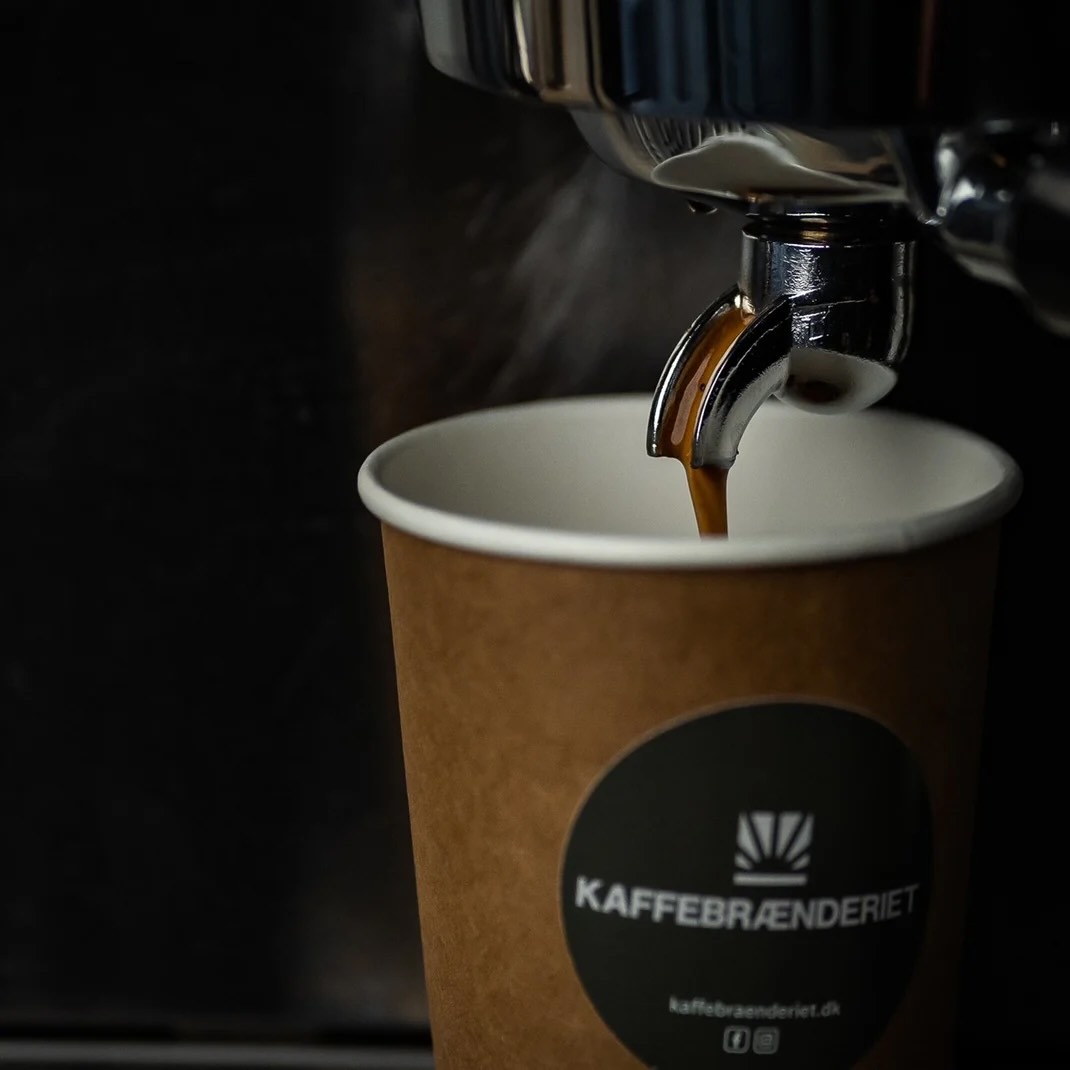
Conclusion
For coffee brands in the B2B space, having a well-equipped eCommerce platform is not just a luxury—it’s a necessity. By understanding the unique needs of your industry and implementing best practices, you can ensure that your platform meets the demands of your clients and drives your business forward. Whether you’re managing complex inventories, offering personalized pricing, or streamlining the order process, the right B2B eCommerce platform can be the key to your success.
If you’re ready to elevate your coffee brand’s B2B operations, consider how these best practices and features can be integrated into your current platform—or if it’s time to upgrade to one that better suits your needs.
